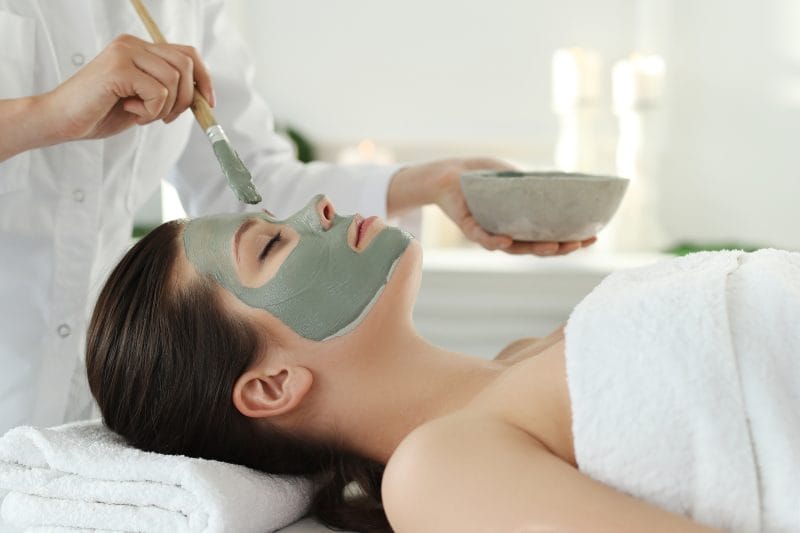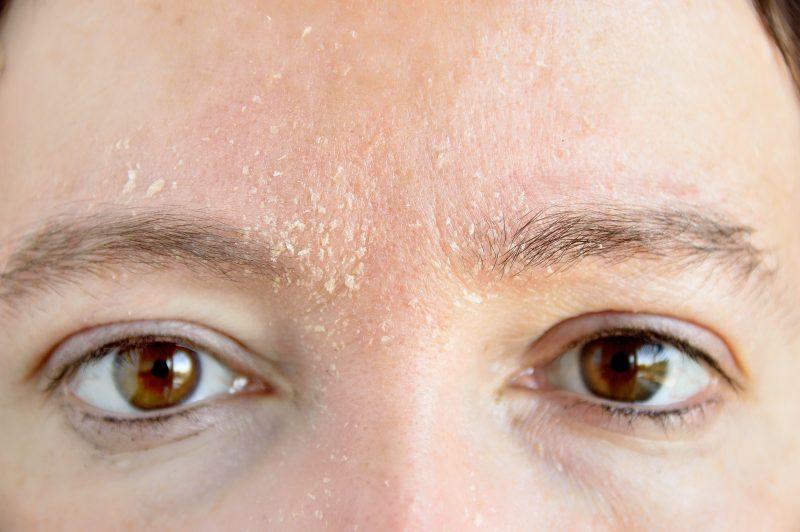Estheticians, Professional Skincare, Skincare
What Is Alpha Arbutin, and How Can It Benefit the Skin?
Alpha Arbutin is a skin care ingredient that, despite being lesser known, has been creating ripples in the beauty industry. With its scientifically proven skin lightening properties and safety profile, it’s rapidly becoming a go-to solution for many skin concerns. In this comprehensive guide, we delve into what Alpha Arbutin is, its benefits, potential side effects, usage, and much more.
What Is Alpha Arbutin? Alpha Arbutin is a naturally occurring compound derived from the bearberry plant. It’s a derivative of hydroquinone, known for its skin-lightening properties. However, unlike hydroquinone, which can potentially damage skin cells, Alpha Arbutin inhibits the enzymes that stimulate pigment-producing cells, offering a gentler, safer approach to skin brightening.
The Science Behind Alpha Arbutin
Alpha Arbutin works by blocking the enzyme tyrosinase, which aids in melanin production. Melanin is the pigment that gives our skin, hair, and eyes their color. Overproduction of melanin can lead to hyperpigmentation, resulting in dark spots, freckles, and uneven skin tone. By inhibiting tyrosinase, Alpha Arbutin prevents melanin overproduction, thus, helping to lighten dark spots and improve overall skin tone.
The Benefits of Alpha Arbutin
- Skin Lightening: Alpha Arbutin reduces the appearance of dark spots and hyperpigmentation by inhibiting melanin production. This results in a brighter, more even complexion.
- Gentle on Skin: Unlike other skin brighteners that can cause irritation, Alpha Arbutin releases its active ingredient slowly, making it gentler and less irritating.
- Suitable for All Skin Types: Being a gentle ingredient, Alpha Arbutin is generally safe for all skin types, including sensitive skin.
- Fades Acne Scars: Alpha Arbutin is effective in fading acne scars, making it a beneficial addition to acne treatments.
- Sun Protection Properties: Alpha Arbutin can reduce the degree of skin darkening post sun exposure by blocking tyrosinase.
Alpha Arbutin Compared to Other Skin-Lightening Ingredients
There are, a myriad of, skin-lightening ingredients available in the market, with each one offering unique benefits. However, Alpha Arbutin stands out due to its efficacy and safety profile.
- Hydroquinone: While hydroquinine has long been a popular skin-lightening ingredient, it’s been associated with potential carcinogenic risks and skin irritation. Alpha Arbutin, on the other hand, offers similar benefits without the associated risks.
- Kojic Acid: Derived from certain species of fungi, Kojic Acid is another skin-lightening ingredient. Although it’s effective, Alpha Arbutin is more stable and less irritating, making it a preferred choice for many.
- Vitamin C: A potent antioxidant, Vitamin C is also known for its skin-brightening properties. Combining Alpha Arbutin with Vitamin C can enhance the potency of both ingredients.
Potential Side Effects of Alpha Arbutin
While Alpha Arbutin is generally safe, some people may experience skin sensitivity or allergic reactions. Symptoms to watch for include redness, itchiness, dryness, blisters, or rashes. If you notice any adverse reactions, discontinue use and consult with a dermatologist.
How to Use Alpha Arbutin
Alpha Arbutin can be incorporated into your daily skincare routine. It’s recommended to use it twice daily, morning and evening, after cleansing but before moisturizing. It can be found in various skincare products including serums, moisturizers, toners, and masks. For maximum results, it’s best to pair it with a good sunscreen, as sun exposure can cause hyperpigmentation.
Is Alpha Arbutin Safe for Sensitive Skin?
Given its gentle nature, Alpha Arbutin is suitable for even the most sensitive skin types. However, as with any new skincare product, it’s best to do a patch test before full application to ensure no adverse reactions occur.
Future of Alpha Arbutin in Skincare
With its potent skin-lightening properties and minimal side effects, Alpha Arbutin is set to become a mainstay in the skincare industry. Its ability to safely and effectively address common skin concerns like hyperpigmentation, dark spots, and acne scars makes it an ingredient to watch out for in the future of skincare.
Conclusion
Alpha Arbutin offers a safer, gentler alternative to traditional skin-lightening ingredients. Its ability to inhibit melanin production, coupled with its minimal side effects, makes it a highly effective solution for achieving a radiant and even skin tone. While it’s generally safe for all skin types, it’s always best to consult with a dermatologist before incorporating new ingredients into your skincare routine.





